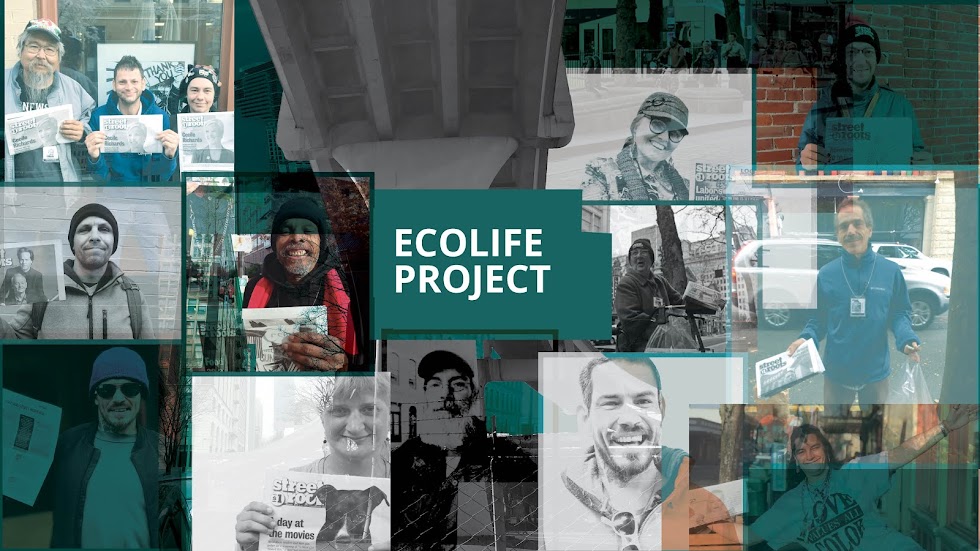By: Richard Dickey
Rupert Howes is a businessman who wanted to do something for the environment. Inspired by conservationists like David Attenborough (BBC), Howes created a foundation to help push for sustainable fisheries. The foundation, called the Marine Stewardship Council (MSC) certifies fisheries as having sustainable practices. If the fisheries are approved, they put a blue label on their packaging. This label guarantees that the fish being purchased were done so legally and within fishing limits.
It is actually possible to track a batch of fish from the boat that caught it, to the transportation, packaging, and eventually delivery to the store. Because of this transparency grocery stores only need to ask to see the seal and approval from the MSC and they can be assured the fish are ecologically safe to sell.
Additionally the label allows stores to charge slightly more for the fish. This charge comes with knowing you are purchasing something sustainable, a small price to pay when compared to eating something that could become extinct. This additional charge also makes its way down to the individual fisherman. This means that not only does the MSC label ensure safe and sustainable fishing practices were used, but that you are helping the livelihood of those who go further for the betterment of the ecology.
To help all you need to do is look for this label on fish you purchase. It's that simple. There are currently 500 MSC labeled products from 22 certified fisheries which are sold in 26 countries.
More information on the MSC can be found at their website:
http://www.msc.org/get-certified/use-the-msc-ecolabel
http://www.bbc.co.uk/nature/programmes/who/david_attenborough.shtml

I totally agree with the statement given above that all companies who want to have the blue eco-label certificate need to abide to the MSC policy.
ReplyDeleteSince sustainability is a big issue to SEAWORK, we have already been accredited with the MSC - Chain of Custody certificate. This entitles us to handle MSC certified fish from sustainable resources all over the globe, and we are making sure, every product leaving our factory can be traced from raw material level to the individual packing and sealing the product itself.
First of all, seafood environmental standard is our priority. Even the MSC certifies that environmental standard should be respected. This has been contributed by the law imposed by the Namibian government.
The Namibian Government has set Total Annual Catch quota for fishing industries in order to have a control in fish stock and also to prevent over-exploitation of fish species as this is the case in Argentina. Nowadays Argentina is going through a very hectic situation when it comes to fishery sector. Research has shown that the fish species known as Hake can disappear from the Argentinean Sea if strict laws have not imposed by the Government.
Because of all these precautions taken by the Namibian authorities, the biomass of the hake population has increased by 34% which is a growth from 701,000 to 936,000tons in one year. The Government has even increased the Total Annual Catch (TAC) from 130,000tonnes in 2007 to 145,000tonnes in 2010. This shows that the Namibian authority has well monitored the hake population and has carefully taken required precautions in order to not affect the marine environment. Also the Worldwide Fund has stated that there has not been overfishing in the zone 47.
In addition, strict rules and regulations have been imposed by the Namibian Government so as to not affect other species natural habitat. Thus, trawling for Hake is not permitted in less than 200 m depth as the trawling method is a method of fishing that involves actively pulling a trawl through the water behind one or more trawlers.
http://www.seawork.com.na/sustainability.html